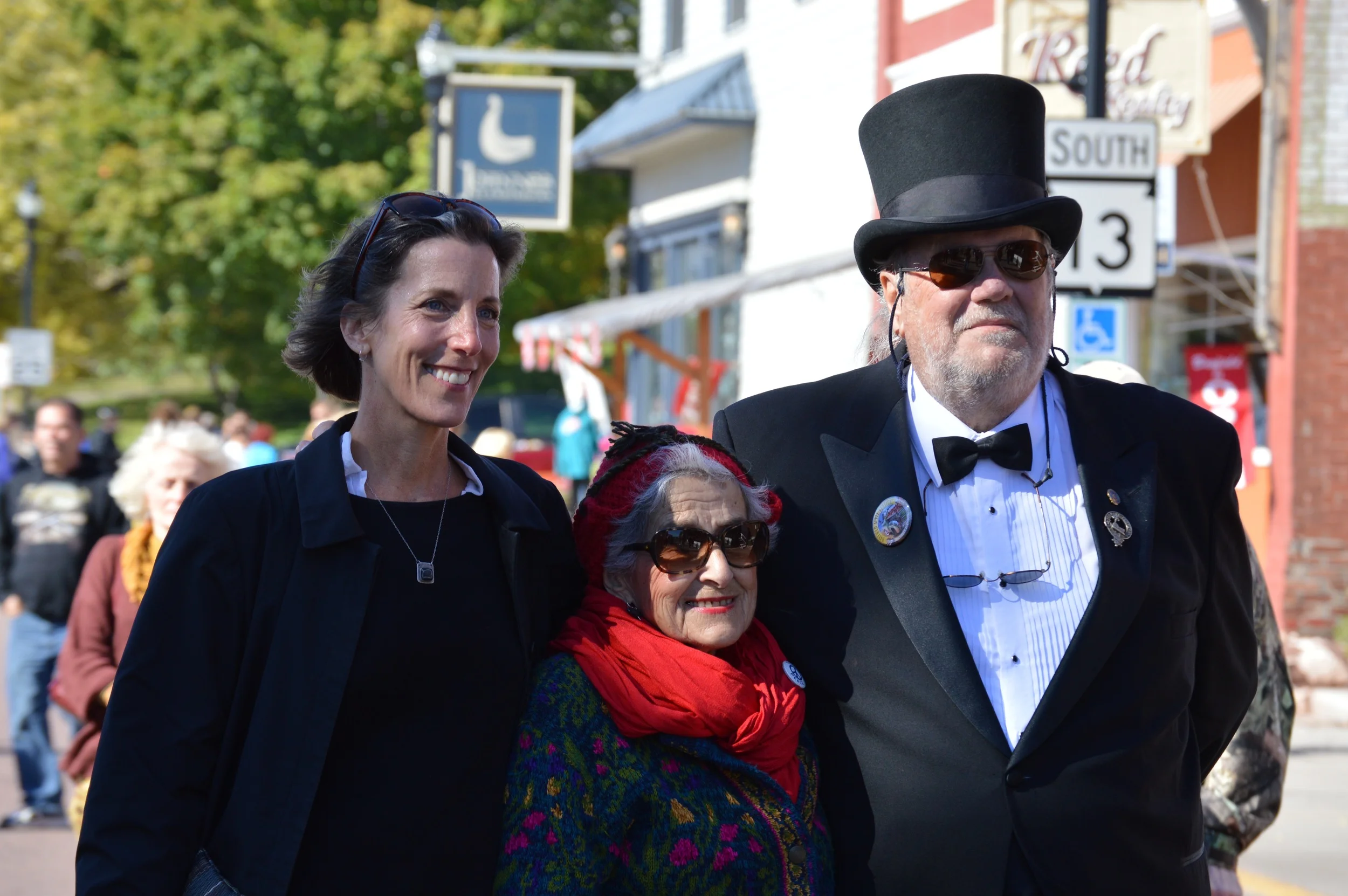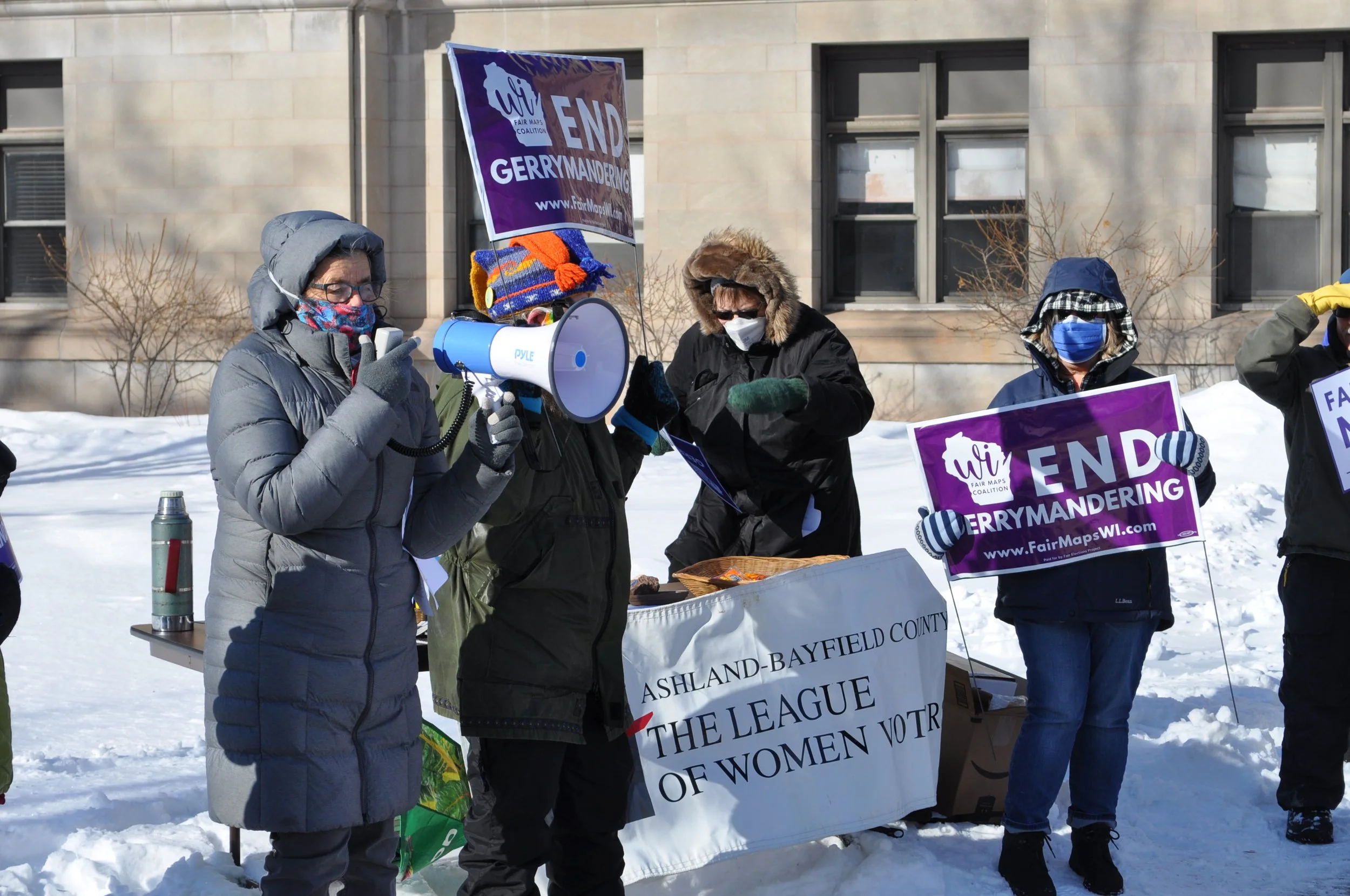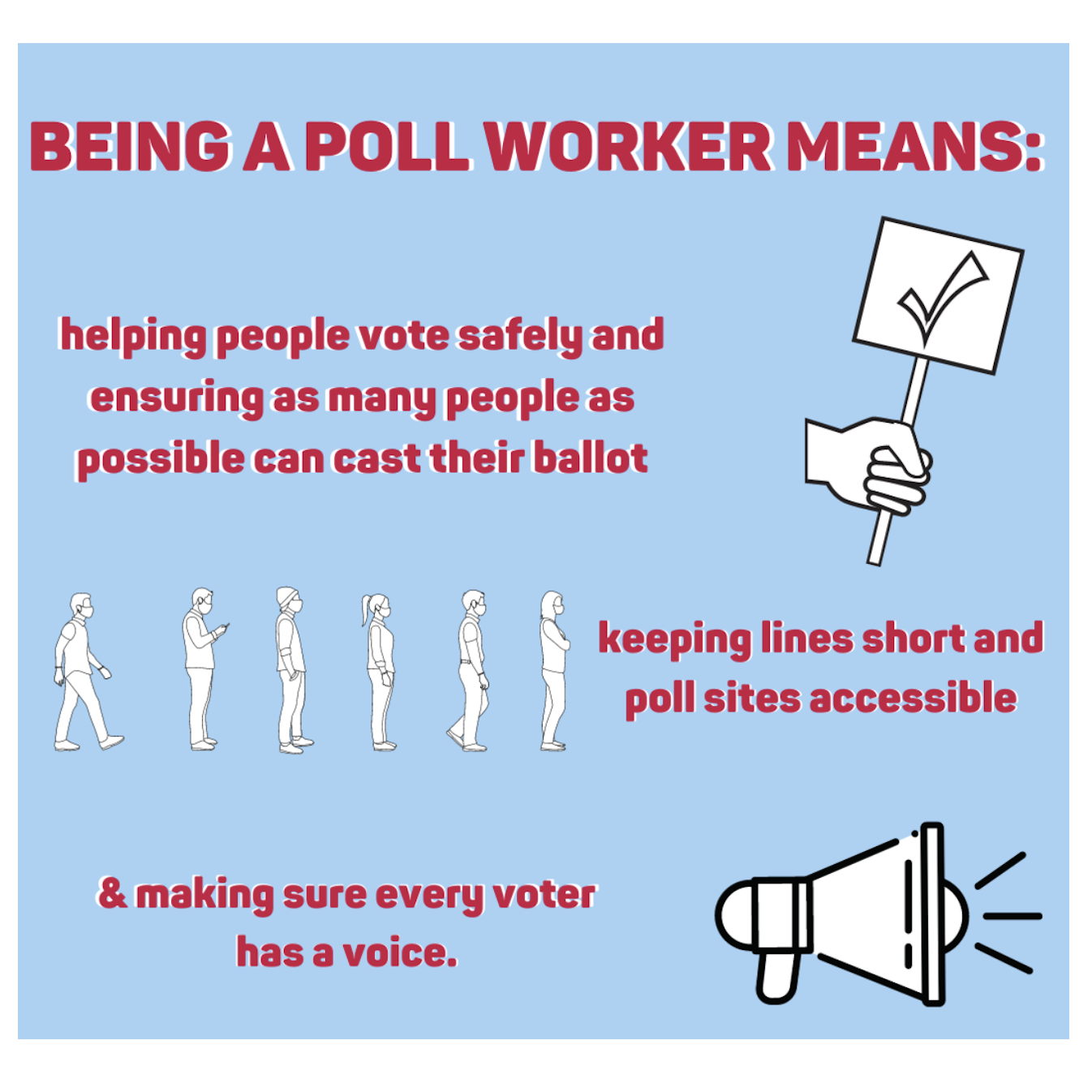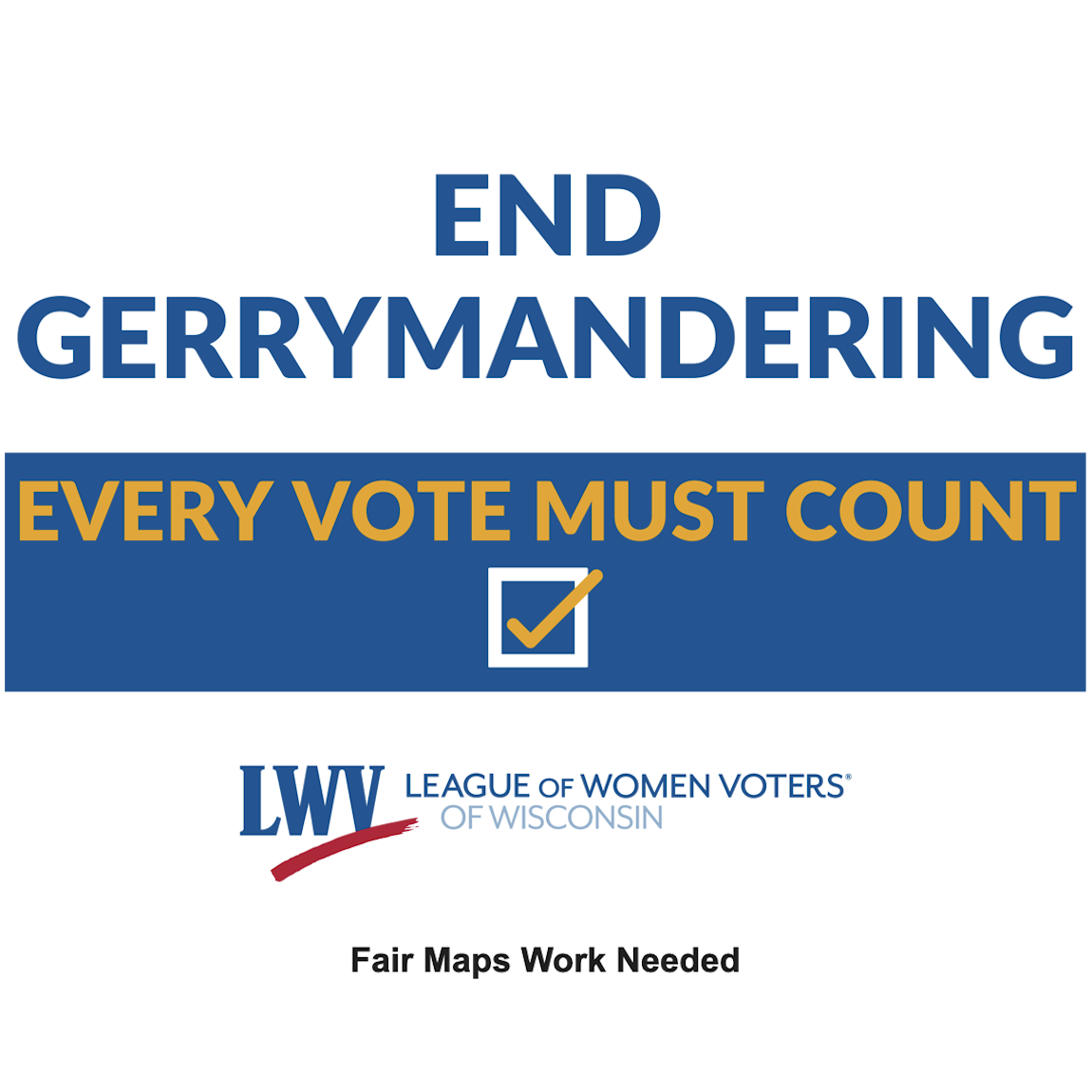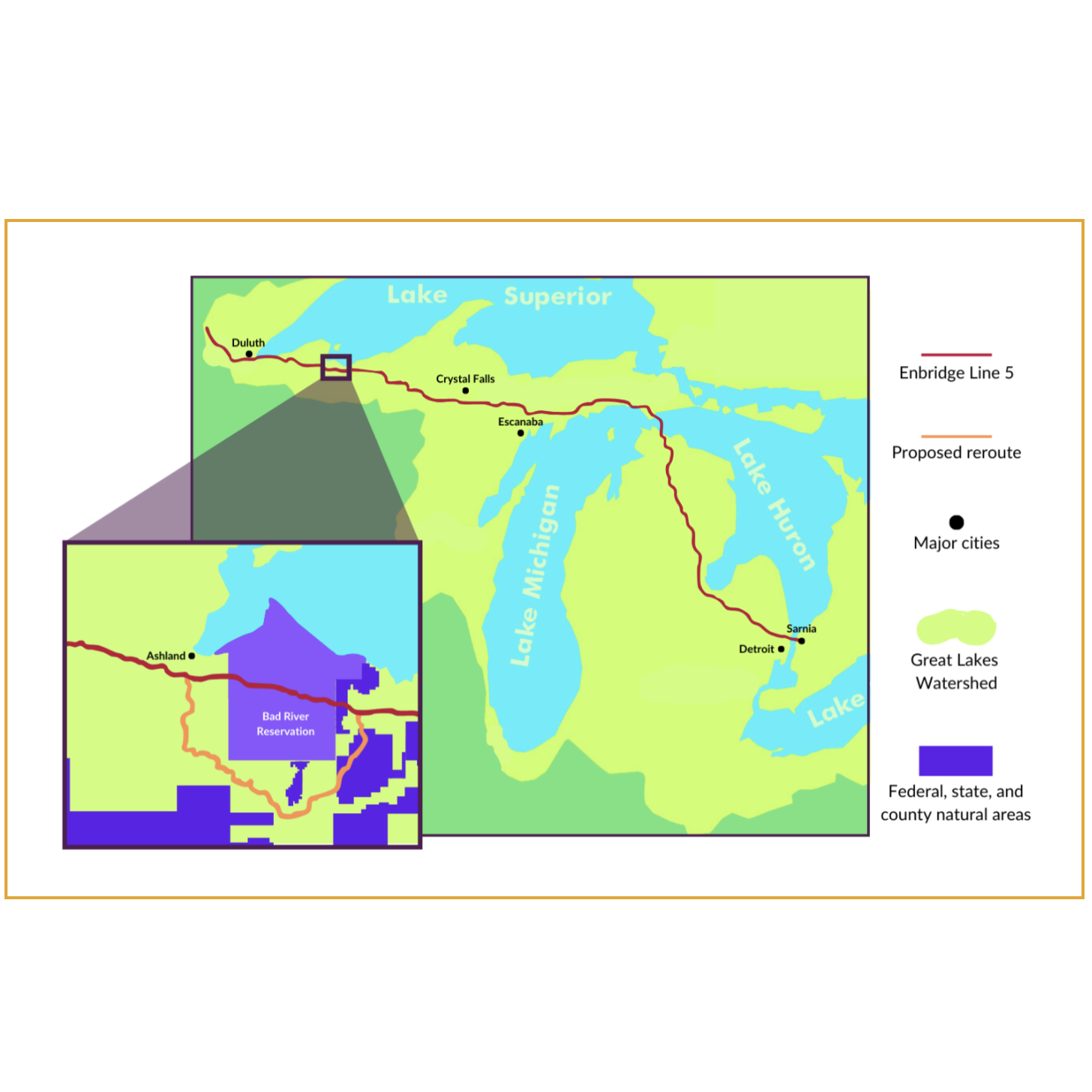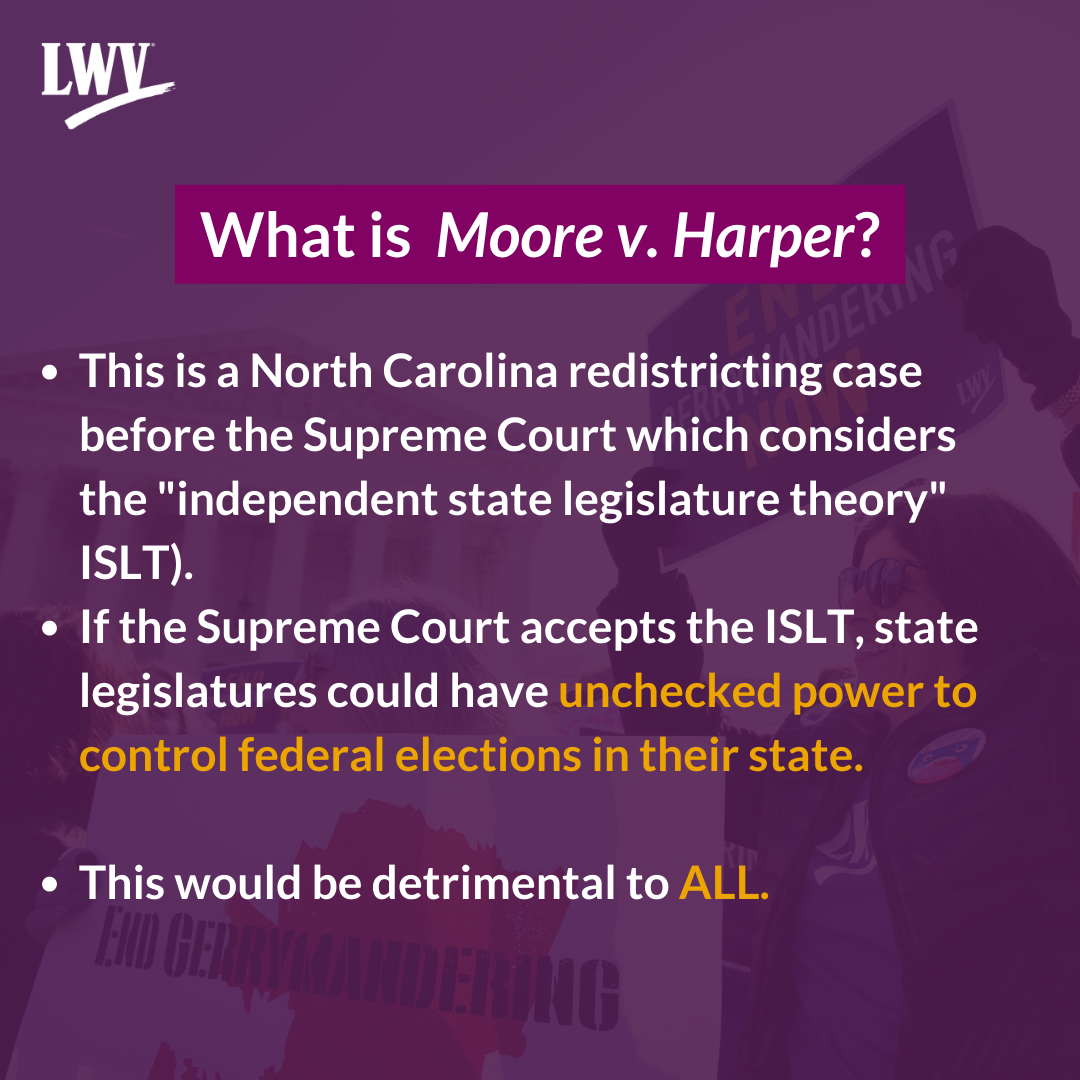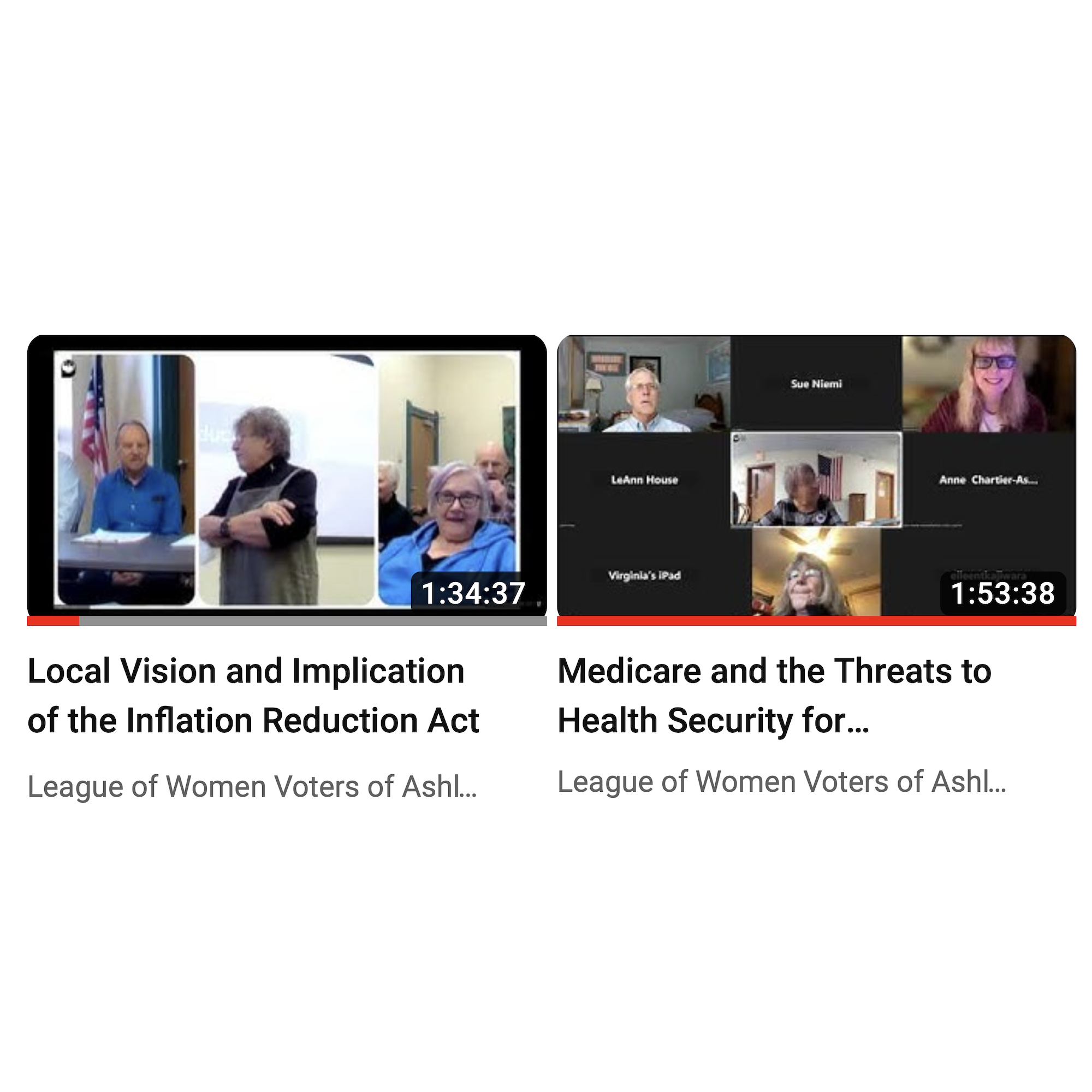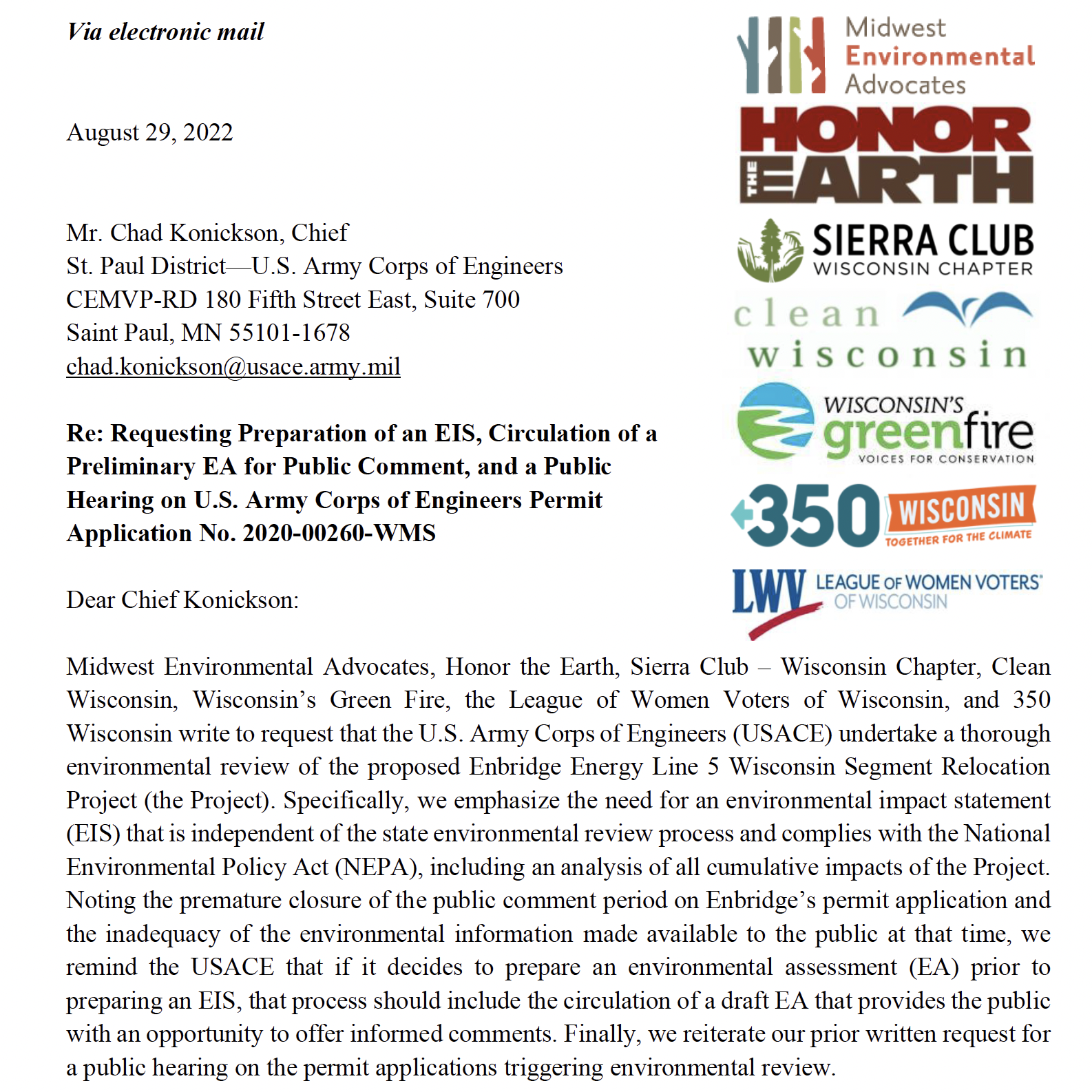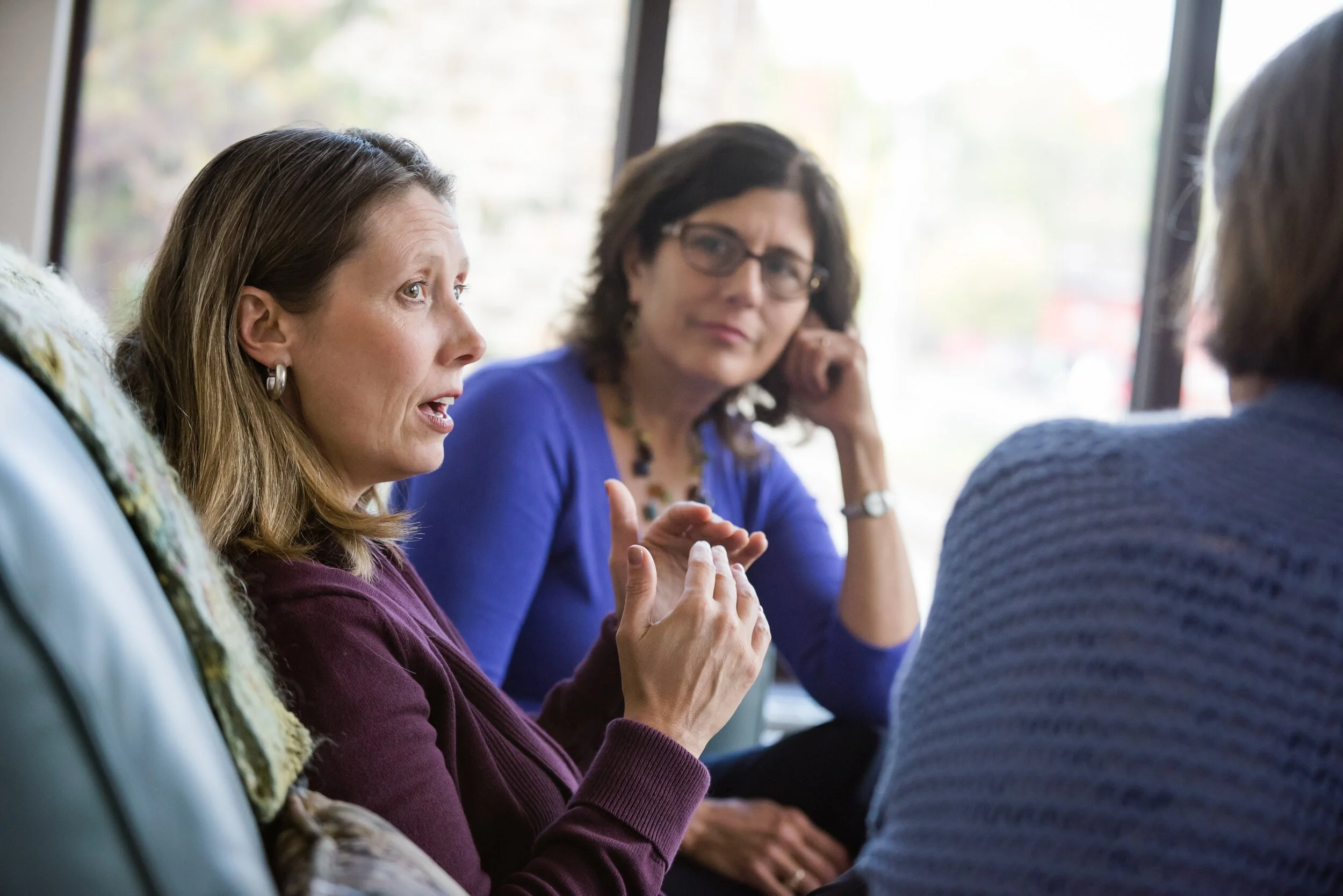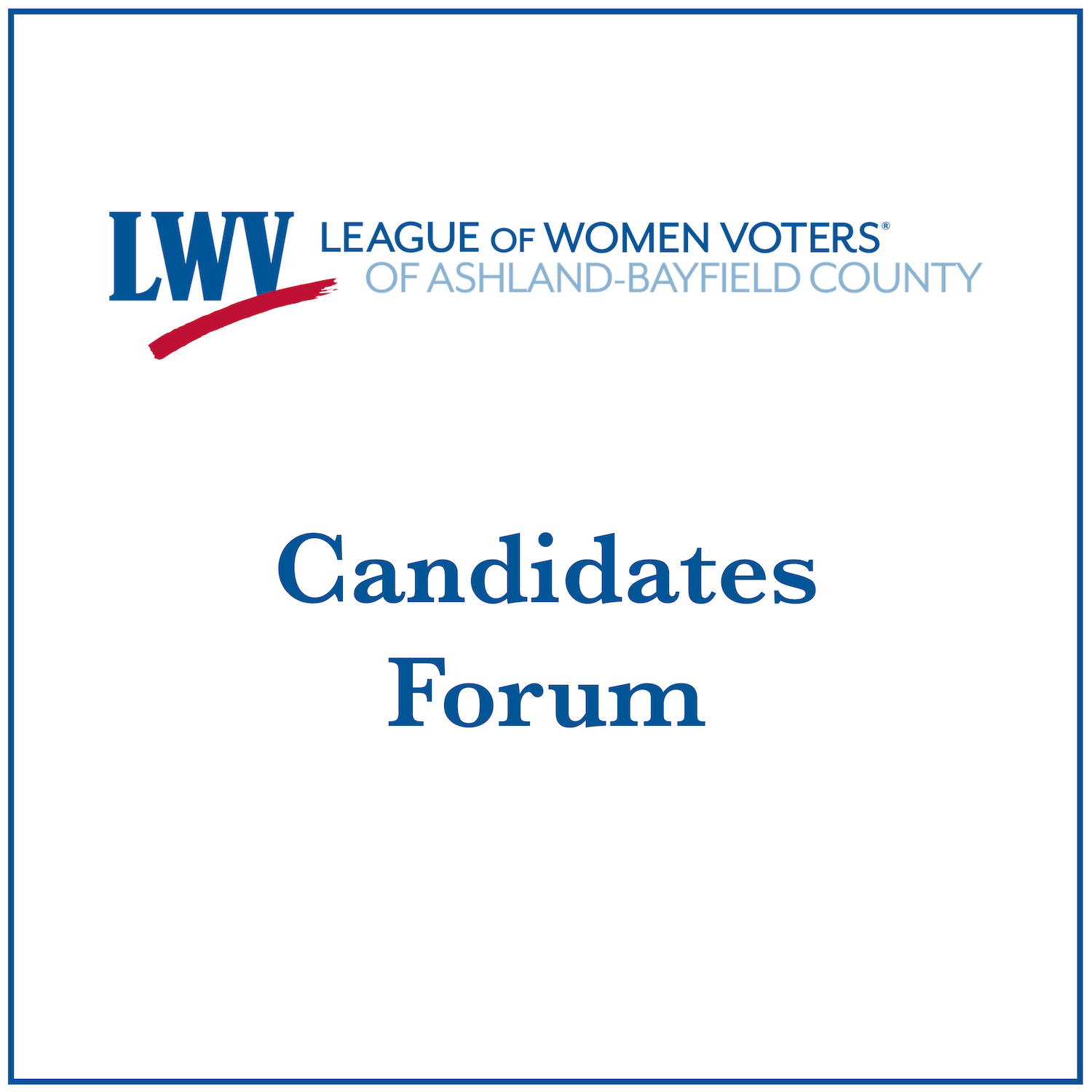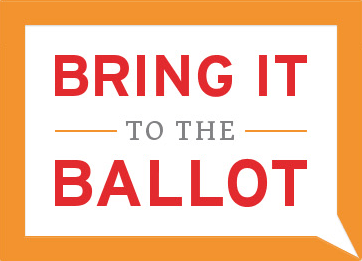Natural Resources Advocacy
/In our previous newsletter we reported on the LWVWI position in support of the protection of water quality and quantity, and specifically the following verbiage: “Work to eliminate all emergency discharges or spills of untreated sewage, or waste or polluting materials into the environment that threaten public health and the environment by potentially contaminating sources of clean water for humans, wildlife habitat and fisheries.”
With this position in mind, the LWV/ABC is pleased to be co-sponsoring a public forum April 15th on Ashland’s sewage overflow problem.
Remember last summer when news of the Ashland City sewage overflow hit the area papers and radio stations? Remember the beach closure issued for Kreher Park Beach and the caution for Maslowski Park? Remember the big rain and subsequent flooding that was intimately linked to these events?
The spring thaw right is around the corner, and with the large amount of snow we received this winter we can once again expect some flooding. Ashland is not alone in experiencing sewage overflows; many cities around the shores of Lake Superior must discharge sewage into the Lake when their waste water treatment systems are overloaded – usually due to the infiltration of excessive rain. An increase in the frequency and intensity of rain storms is predicted for our area given a changing climate. Thus, it seems likely that we will be facing sewage overflows in the future. It is incumbent on all of us to fully understand the problem and try to correct it.
The LWV/ABC, together with the City of Ashland, the Ashland County Extension, the Ashland County Land & Water Conservation Department, and the Chequamegon Citizen Climate Lobby will bring several speakers to delve more deeply into the overflow issue. Valerie Damstra (Mary Griggs Burke Center for Freshwater Innovation) will describe the extent and ecological effects of overflows around the Lake Superior Basin; Eric DeVenecia (Wis. Dept. of Natural Resources; DNR) will explain the state regulations and the DNR’s role in enforcement; City of Ashland staff will detail the causes of the recent overflows and explain how the waste water treatment system works; and MaryJo Gingras (Ashland Co. Land & Water Conservation Dept.) will offer suggestions of actions individuals can take to minimize their impact on the waste water treatment system.
A question and answer period will follow the presentations. Do you know the difference between waste water and storm water? How does what you put down your drain affect the Ashland wastewater treatment system? What can I do as a private individual to help solve the problem? Find out the answers to these questions and get your questions answered!
This event will be held at the Northern Great Lakes Visitor Center on April 15th, 6:30 – 8:30 p.m. It is free and open to the public. Learn about the causes of Ashland’s sewage overflow and what you can do to help.
Planning is underway for a second forum, scheduled for May 20. The focus will be on planning to meet future demands on Ashland’s waste water treatment system and protecting Lake Superior from dangerous sewage overflows. Watch for upcoming details.

